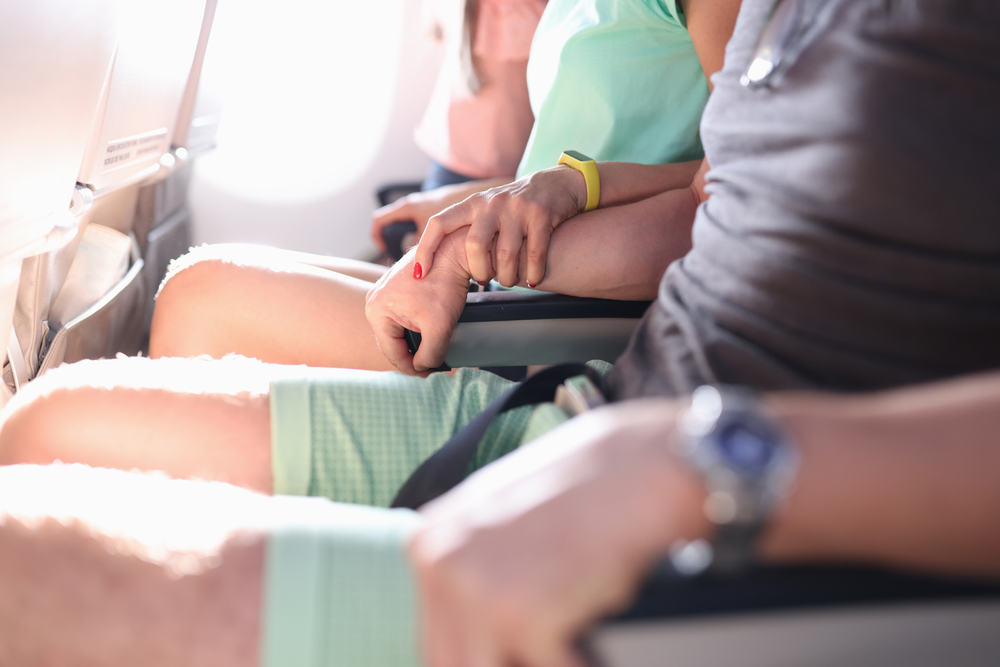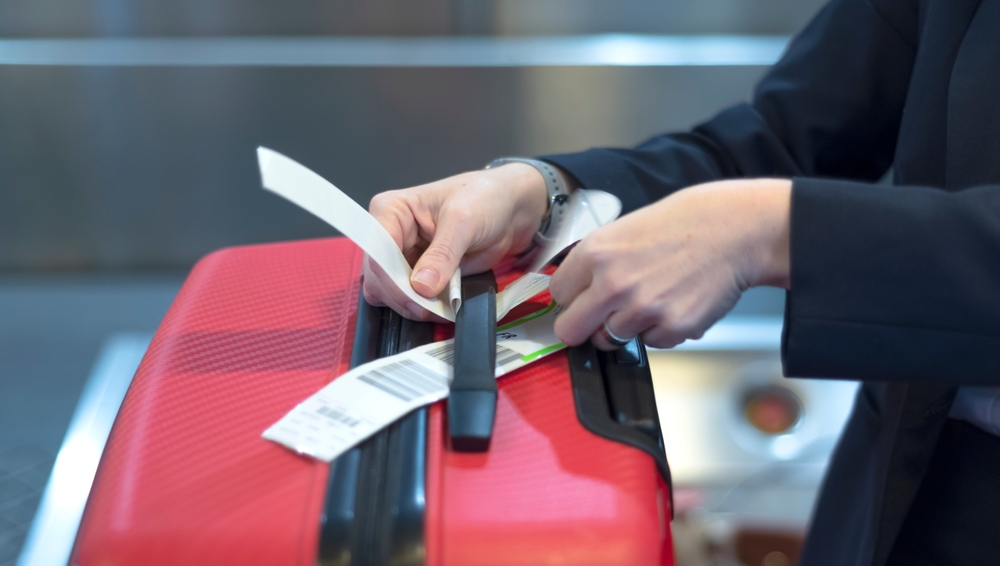If you find yourself imagining worst-case scenarios while sitting on the runway, you’re not alone. Flight anxiety is common – even seasoned travelers can feel uneasy. If you struggle with nervousness, here are five strategies to help ease your mind and make your next flight more enjoyable.
-
The Safety of Air Travel
The fear of flying is often based on a lack of control rather than actual danger. Understanding the facts can help ease your nerves:
- Commercial aviation conducts rigorous safety checks and pilot training.
- Planes undergo regular maintenance and safety inspections.
If your anxiety stems from the discomfort of cramped seats or unfamiliar surroundings, practice pre-flight relaxation techniques and remind yourself that discomfort does not equal danger.
-
Acknowledge and Accept Your Anxiety
Many travelers try to suppress their fears, which can actually make anxiety worse. Instead of fighting your feelings, try this approach:
- Recognize your emotions: “I feel anxious right now, and that’s okay.”
- Reframe your thoughts: “This is temporary. I have handled this before, and I will get through it again.”
- Breathe deeply: Inhale for four seconds, hold for four seconds, and exhale for six seconds to calm your nervous system.
- Try progressive muscle relaxation: Tense and relax different muscle groups to relieve tension.
Acknowledging and accepting your anxiety helps reduce its power over you.
-
Be Mindful of What You Consume
What you eat and drink before and during your flight can significantly impact your anxiety levels. Follow these simple guidelines:
- Stay hydrated: Drink plenty of water before and during the flight to prevent dehydration, which can exacerbate anxiety.
- Limit alcohol intake: While a pre-flight drink might seem like a good idea, alcohol can dehydrate you and amplify anxiety symptoms.
- Avoid excessive caffeine: Coffee and energy drinks can increase heart rate and jitteriness, mimicking the symptoms of anxiety.
- Snack wisely: Choose protein-rich snacks like nuts or yogurt to help stabilize your blood sugar and mood.
-
Educate Yourself on Airplane Sounds and Movements
Many anxious flyers are startled by unfamiliar noises and turbulence, mistaking them for signs of danger. Educate yourself on what to expect:
- Turbulence is normal: Think of turbulence as bumps in the road—planes are designed to handle it safely.
- Engine noises and landing gear sounds are routine and do not indicate a problem.
- Watch airline safety videos to understand normal flight operations.
By familiarizing yourself with what’s normal, you can reduce unnecessary panic during the flight.
-
Distract Yourself with Familiar Comforts
The key to easing anxiety is keeping your mind engaged in comforting and familiar distractions:
- Download favorite movies, shows, or music before your flight.
- Start a captivating book or podcast that can hold your attention.
- Use guided meditation apps to practice relaxation techniques.
- Bring a comfort item like a cozy scarf or travel pillow for a sense of security.
Let the flight attendants know if you’re feeling uneasy—they are trained to assist anxious passengers and can help reassure you.
Frequently Asked Questions (FAQs)
Q: How can I calm my nerves before takeoff?
A: Try deep breathing exercises, listen to calming music, or visualize a relaxing place. Distraction and mindfulness are key to reducing pre-flight anxiety.
Q: Is turbulence dangerous?
A: No, turbulence is a common and completely safe part of flying. Pilots are trained to handle it, and planes are built to withstand it.
Q: Should I take medication for flight anxiety?
A: If your anxiety is severe, consult your doctor about temporary anti-anxiety medication or natural alternatives like melatonin or lavender essential oil.
Q: Can I tell the flight crew about my anxiety?
A: Absolutely! Flight attendants are trained to help nervous passengers and can offer reassurance or check in on you during the flight.
Flying with Confidence
Overcoming flight anxiety takes practice, but with the right strategies, you can transform your travel experience. By learning about the safety of air travel, acknowledging your emotions, staying mindful of your diet, educating yourself, and using distractions, you’ll be well-equipped to handle your next flight with calm and confidence.
Safe travels!






